Rising seas could result in 2 billion refugees by 2100
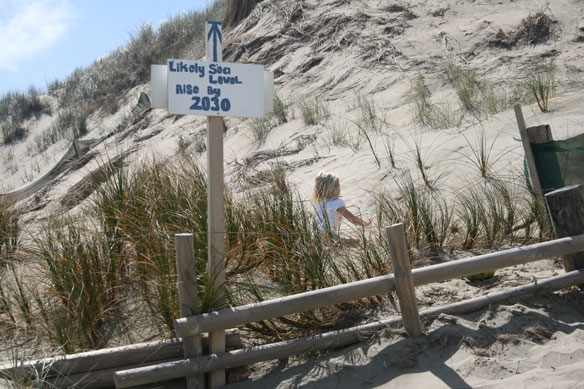
In the year 2100, 2 billion people — about one-fifth of the world’s population — could become climate change refugees due to rising ocean levels. Those who once lived on coastlines will face displacement and resettlement bottlenecks as they seek habitable places inland, according to new research.
Paris agreement’s 1.5C target ‘only way’ to save coral reefs, Unesco says
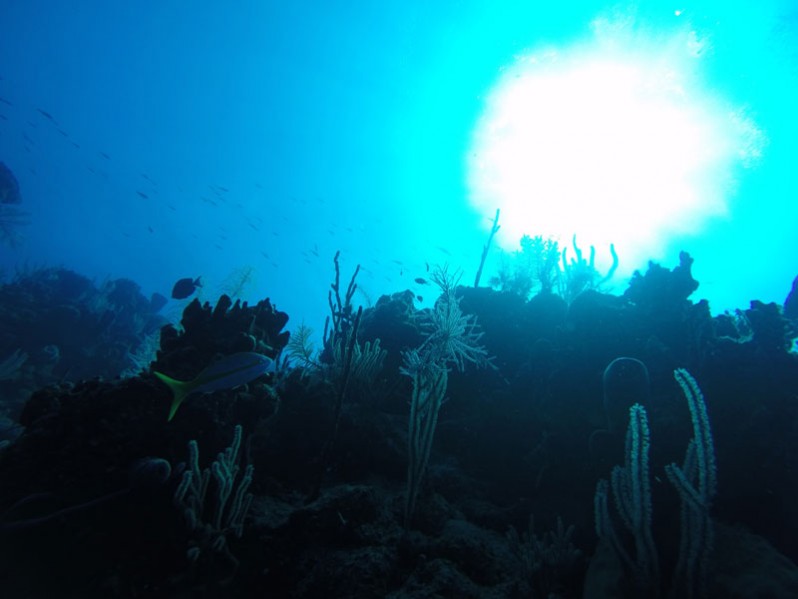
First global assessment of climate change impact on world heritage-listed reefs says local efforts are ‘no longer sufficient’…
Ocean Circulation Plays an Important Role in Absorbing Carbon from the Atmosphere
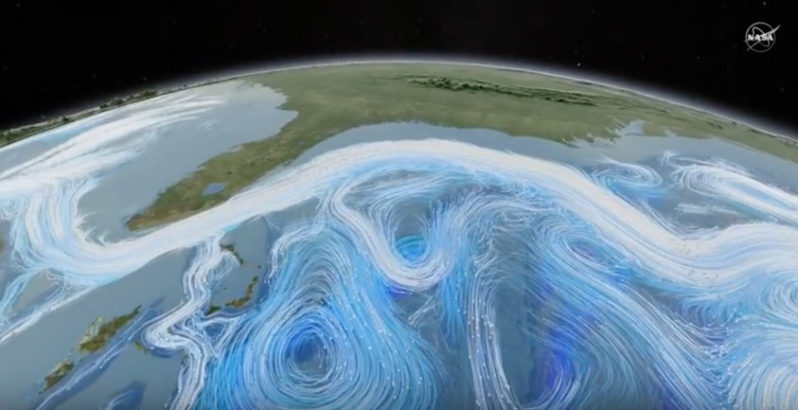
The oceans play a significant role in absorbing greenhouse gases, like carbon dioxide, and heat from the atmosphere. This absorption can help mitigate the early effects of human-emissions of carbon dioxide.
A third of the world now faces deadly heatwaves as result of climate change

Study shows risks have climbed steadily since 1980, and the number of people in danger will grow to 48% by 2100 even if emissions are drastically reduced.
Houston fears climate change will cause catastrophic flooding: ‘It’s not if, it’s when’
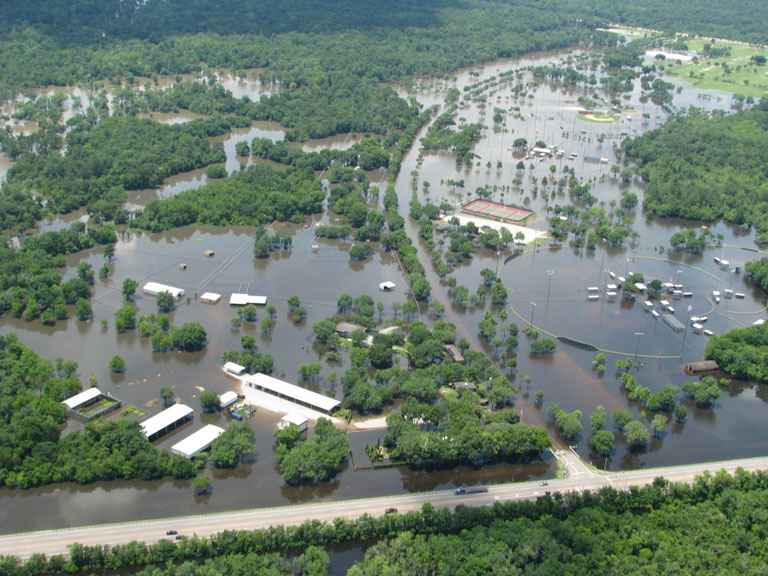
The Texas metropolis has more casualties and property loss from floods than any other locality in the US. Near the Gulf coast, Houston is also at annual risk from hurricanes.
The fight against climate change: four cities leading the way in the Trump era

New York City, Houston, Miami and San Francisco have all taken steps to mitigate the risks associated with rising sea levels and global temperatures. Are their successes a blueprint for action at the state and local level?
What caused the most toxic algal bloom ever observed in Monterey Bay?

In spring 2015, the West Coast of North America experienced one of the most toxic algal blooms on record. A new article shows that, at least in Monterey Bay, this bloom became particularly toxic because of an unusually low ratio of silicate to nitrate in the waters of the bay.
Marine reserves help mitigate against climate change, say scientists

Highly protected marine reserves can help mitigate against the impacts of climate change, a study by a team of international scientists has concluded.
Pilkey: The Paris agreement, climate change, NC coast and rising seas
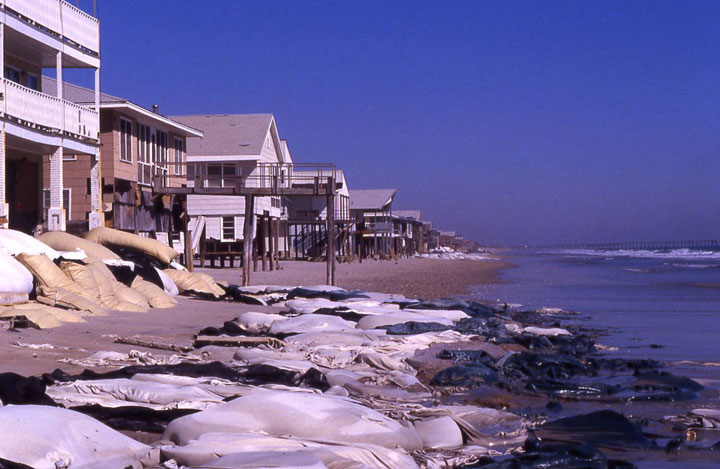
Now that we as a nation have divorced ourselves from the Paris Agreement on reduction of carbon emissions and global climate change, it’s time for us to do some self-examination. We assume that our abstention will ultimately add to the carbon-emissions problem, perhaps discourage other countries and have some impact on sea-level rise.
